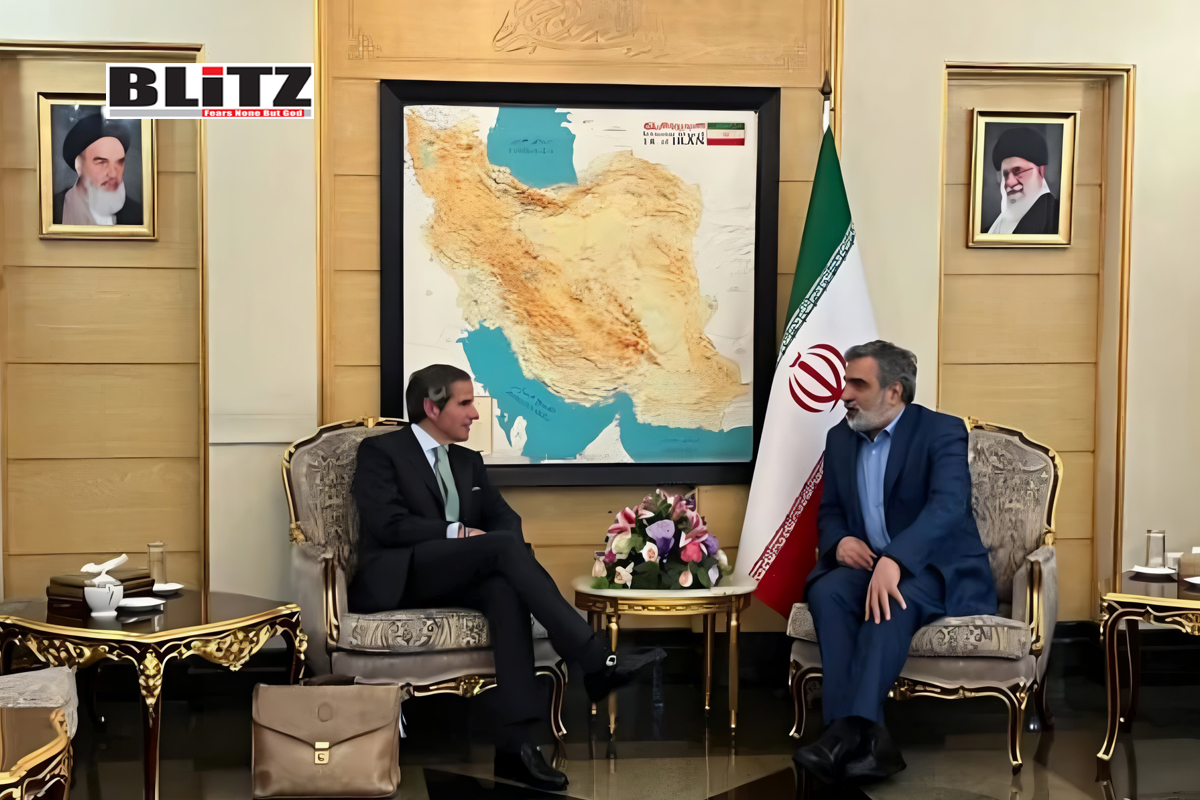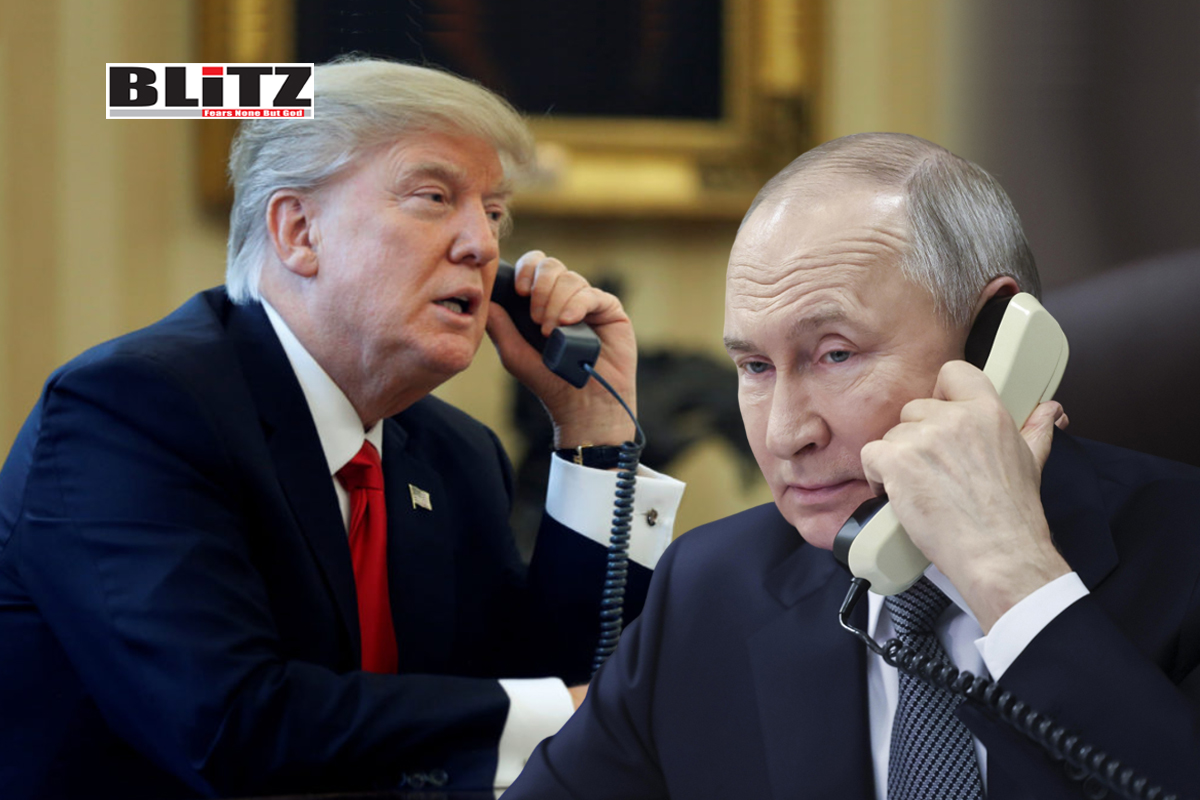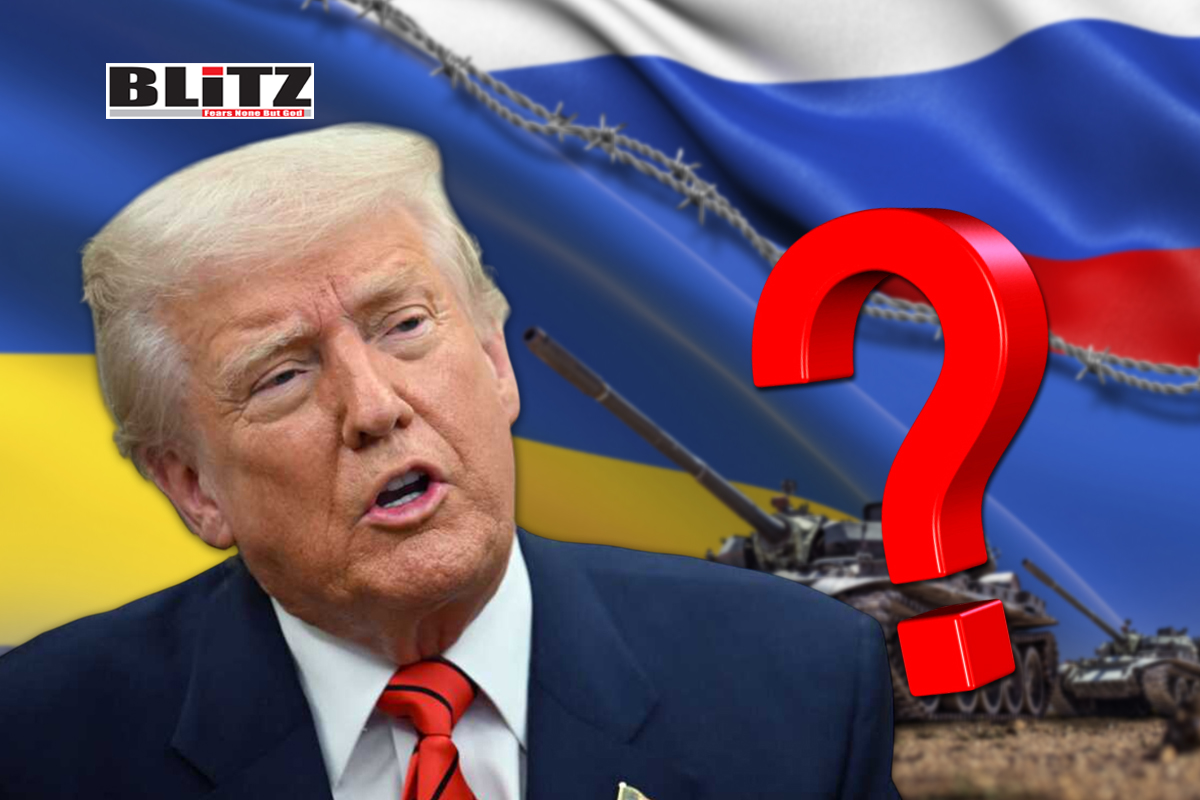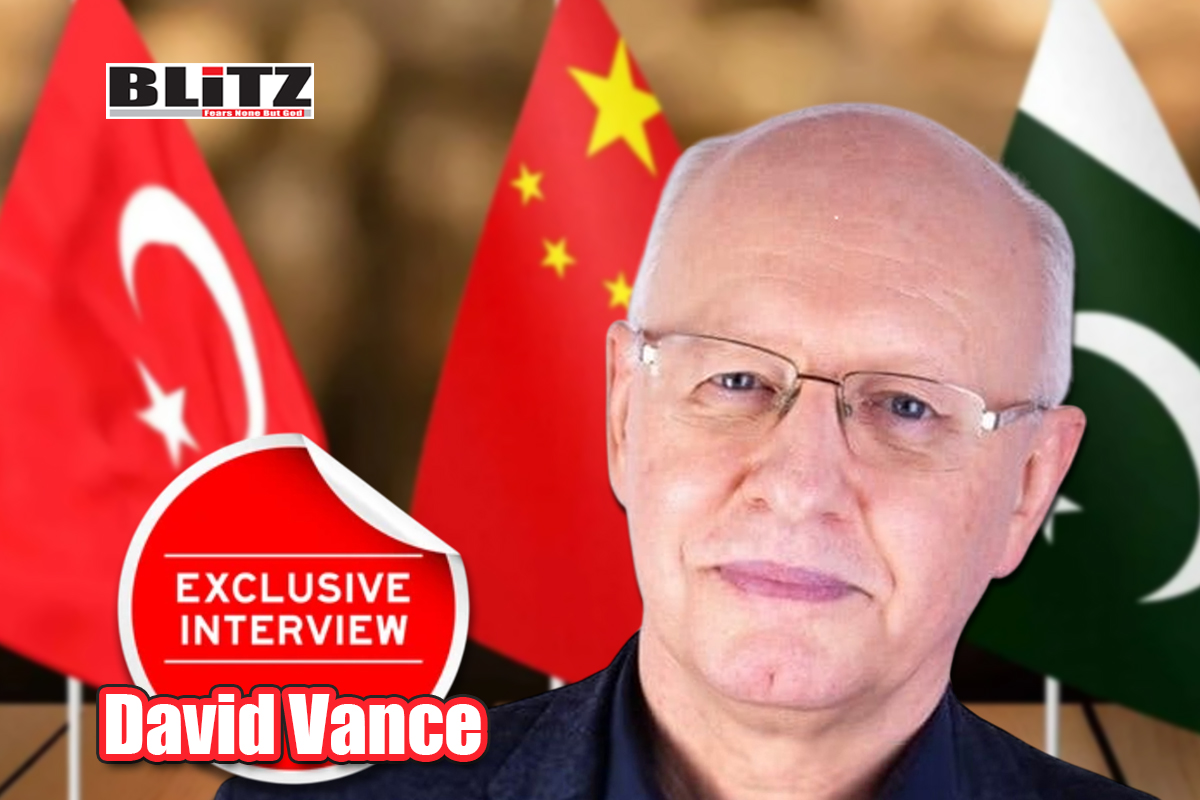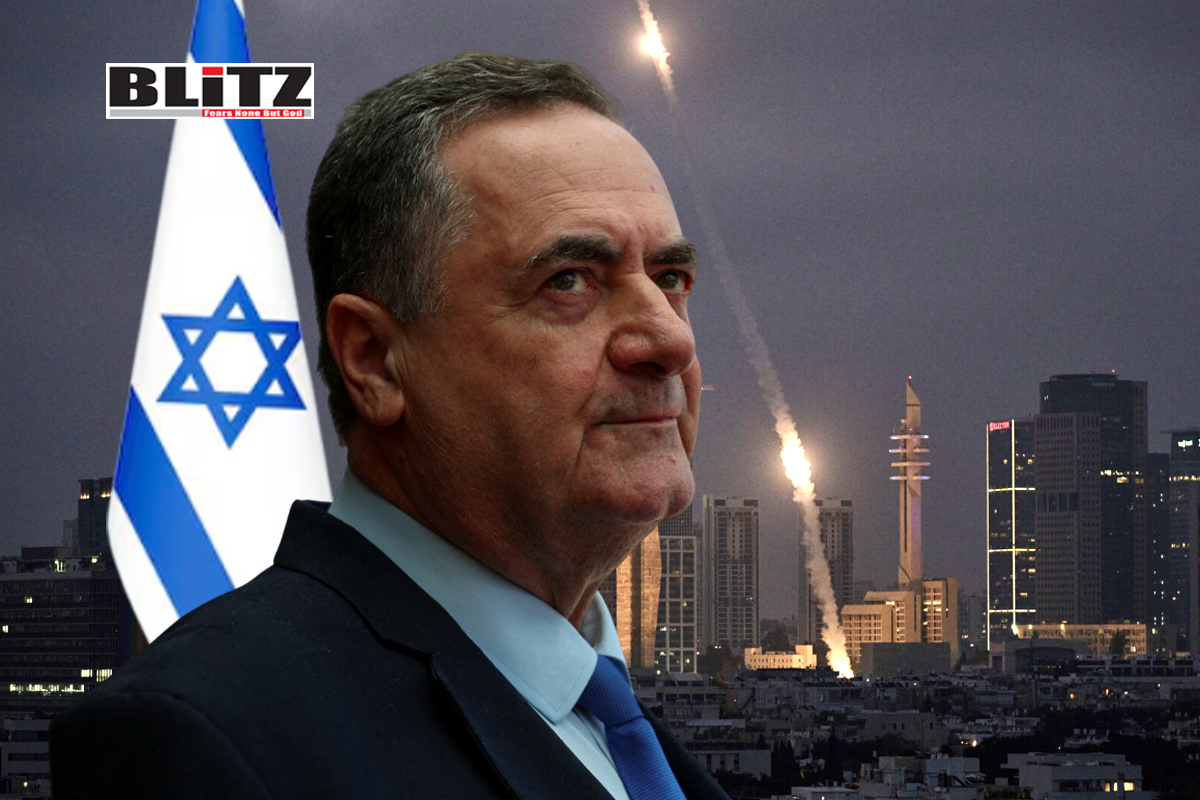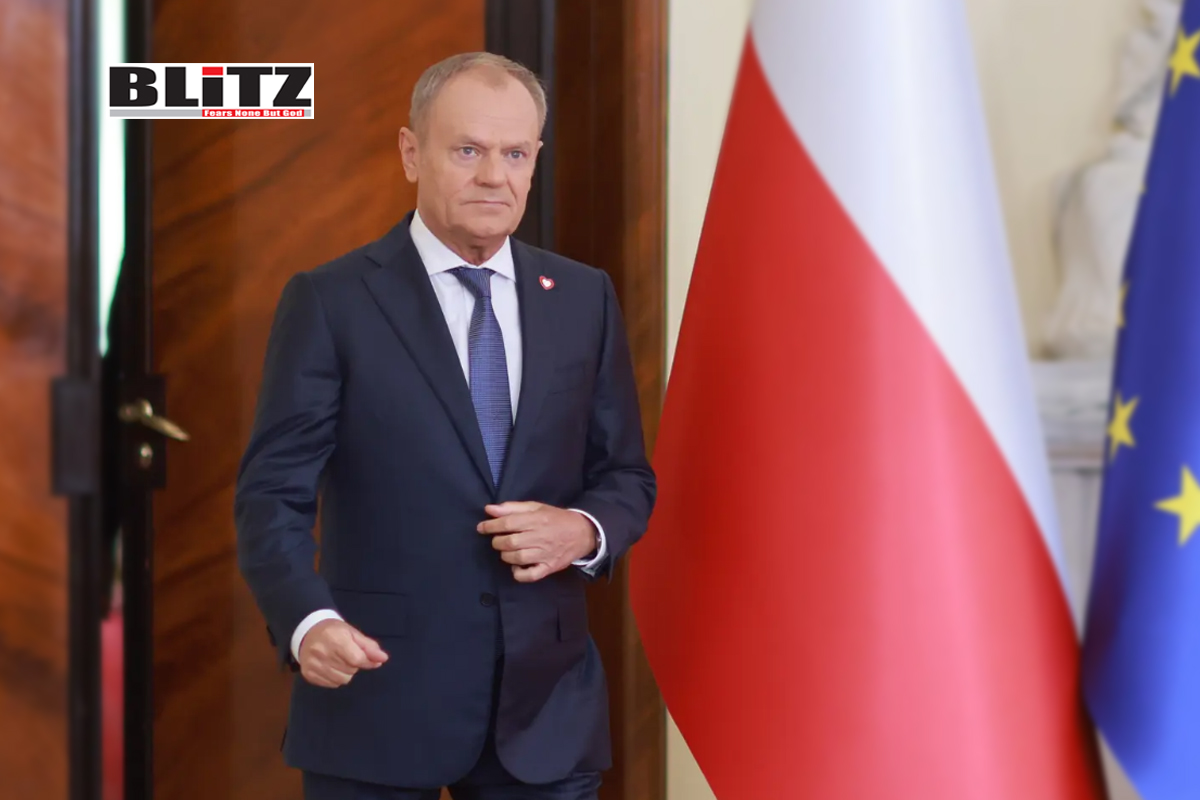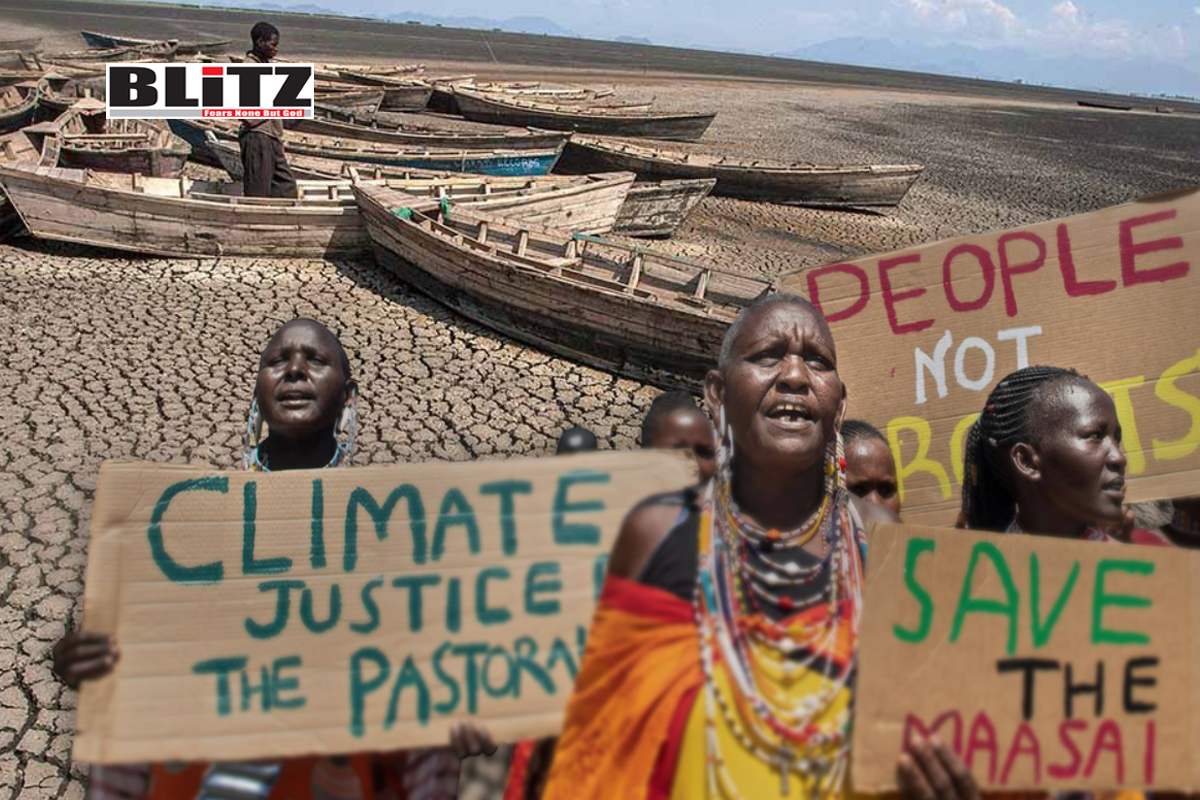Israel requests US involvement in strikes against Iran’s nuclear program
- Update Time : Monday, June 16, 2025
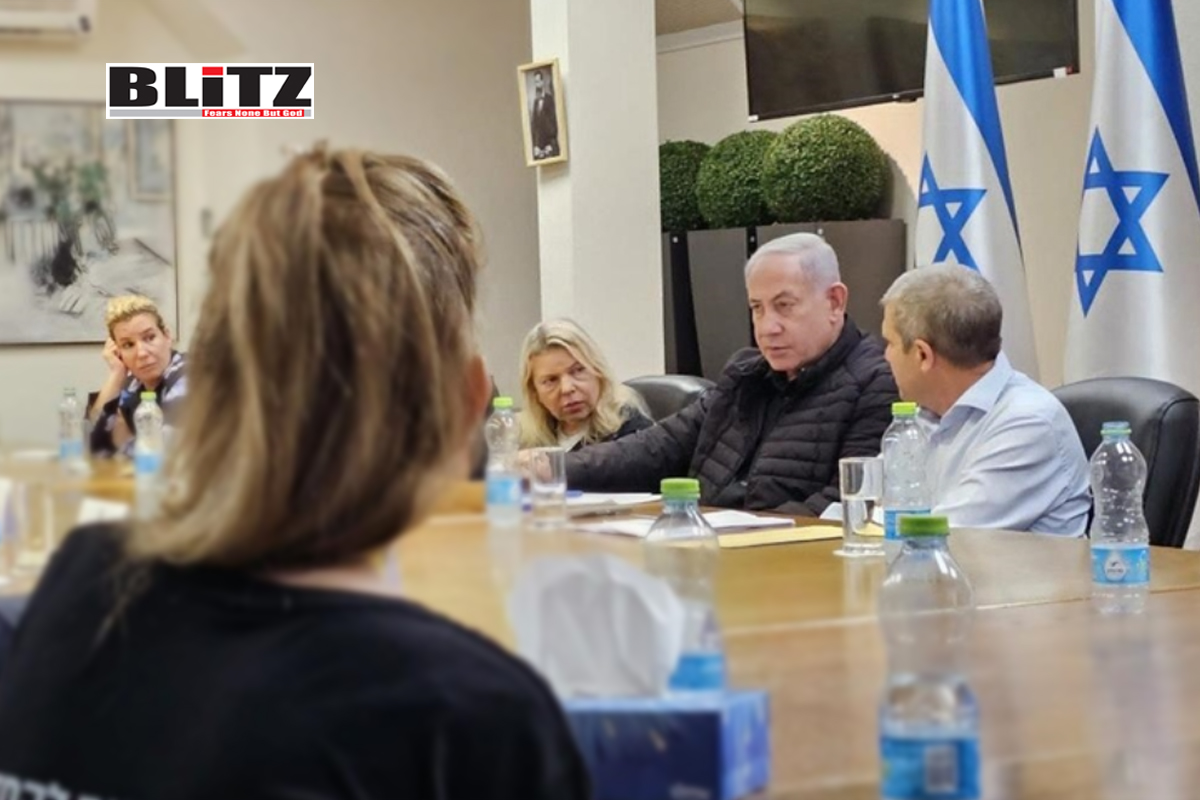
In a dramatic escalation of Middle East tensions, Israel has reportedly asked the United States to join its ongoing military campaign against Iran, targeting what it claims are components of Tehran’s nuclear weapons program. The request, confirmed by multiple Israeli officials and reported by Axios, centers on the Fordow enrichment facility-a fortified nuclear site deep underground near the Iranian city of Qom.
According to the report, Israeli officials have privately expressed concerns that the destruction of Fordow is essential to the success of their preemptive military operation. However, the heavily reinforced nature of the site makes it almost impossible to neutralize without the advanced capabilities that only the US military currently possesses-specifically, bunker-busting bombs and long-range bombers stationed within operational range of Iran.
The request from West Jerusalem places Washington in a delicate strategic position, especially as the Biden administration has thus far chosen to remain at arm’s length from direct involvement in Israel’s campaign. Although President Donald Trump was said to have shown openness to such cooperation in a recent phone call with Israeli Prime Minister Benjamin Netanyahu, the White House has publicly denied these claims. A senior American official told Axios that the US government is not considering military involvement and is still seeking a diplomatic resolution to the standoff.
The Israeli airstrikes that began earlier this month have already destroyed or significantly damaged several Iranian nuclear and military facilities, including above-ground targets in Natanz and Esfahan, according to Rafael Grossi, the Director-General of the International Atomic Energy Agency (IAEA). Grossi confirmed that Iran informed the IAEA of an attack on Fordow, though there are no signs that the site sustained major damage.
Israeli defense officials argue that their military actions are preemptive in nature, aimed at preventing Iran from developing a nuclear weapon. While Iran has categorically denied any ambitions toward weaponization of its nuclear program, Israel’s leadership maintains that Tehran is operating in bad faith and is on the brink of a technological breakthrough that would allow it to produce nuclear arms.
Despite the extensive damage caused by Israeli raids, Fordow remains a critical node in Iran’s nuclear infrastructure. Buried under 80 meters of rock and concrete, the facility is considered virtually impervious to conventional air strikes. The site’s resilience has made it a symbol of Iran’s strategic depth and a test case for the limits of Israeli military reach.
US officials have been cautious about becoming entangled in what they fear could become a broader regional war. The Biden administration has issued warnings that even limited cooperation with Israeli operations could trigger Iranian retaliation against US military installations and assets in the Middle East. American military personnel are stationed across the region in Iraq, Syria, and the Persian Gulf, all within striking range of Iran’s missile arsenal.
One senior US official emphasized the importance of diplomacy, saying, “We have the ability to negotiate a successful, peaceful resolution to this conflict if Iran is willing. The fastest way for Iran to accomplish peace is to give up its nuclear weapons program.”
However, these diplomatic overtures may be unraveling. Talks between the US and Iran, which began in April under an informal backchannel framework, were reportedly progressing until the latest round of Israeli attacks. Tehran has since cancelled the sixth round of negotiations that was scheduled to be held in Oman on June 14. Iranian President Masoud Pezeshkian has stated that talks will not resume unless the Israeli strikes cease.
The strategic pressure is now mounting on Washington to make a definitive choice: back Israel in a campaign that risks dragging American forces into another Middle Eastern war, or distance itself and risk appearing weak to both allies and adversaries.
The international community is growing increasingly alarmed by the unfolding crisis. Earlier on June 14, Russian President Vladimir Putin and President Trump reportedly held a 50-minute phone call to discuss the escalating conflict. According to sources familiar with the conversation, the two leaders agreed that renewed negotiations over Iran’s nuclear ambitions remain both possible and necessary.
China has also weighed in, calling for restraint from “all parties” and warning that any further military action could destabilize global energy markets and imperil vital shipping lanes in the Persian Gulf. The European Union has echoed similar concerns, stressing the importance of reviving diplomacy under the Joint Comprehensive Plan of Action (JCPOA)-the 2015 Iran nuclear deal that Trump abandoned in 2018.
The IAEA, which acts as the international nuclear watchdog, has also found itself in the crosshairs of regional tensions. Iranian officials have criticized the agency for what they claim is its “silence” over Israeli aggression. Tehran has already announced that it will limit cooperation with the IAEA, a move that could seriously impede global monitoring of Iran’s nuclear activities.
What began as a covert shadow war between Israel and Iran has now erupted into a dangerous and increasingly open military confrontation. Israel is betting on military might to destroy what it considers an existential threat, while Iran remains defiant and has pledged retaliation for any further aggression.
The United States finds itself caught between its longstanding alliance with Israel and its strategic interest in avoiding yet another war in the Middle East. With diplomacy on the verge of collapse and both sides digging in, the margin for error is narrowing by the hour.
Unless a significant diplomatic breakthrough emerges soon, the Israeli campaign against Iran’s nuclear program could lead to a wider regional war-one that might draw in global powers and upend the already fragile balance of power in the Middle East.



